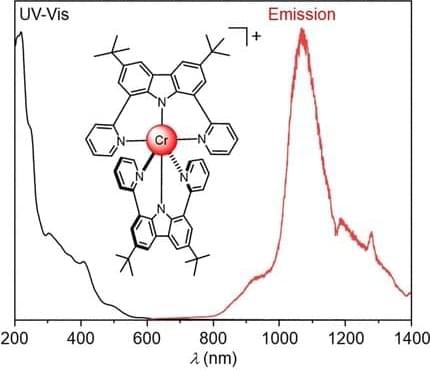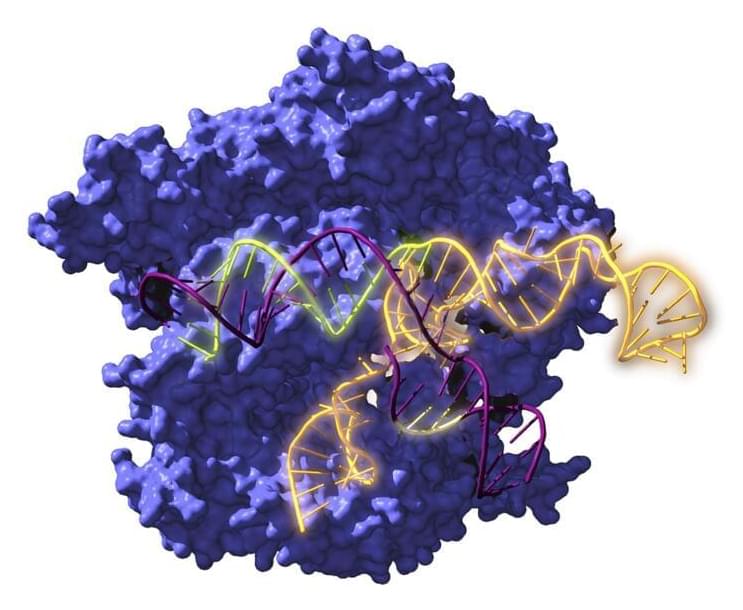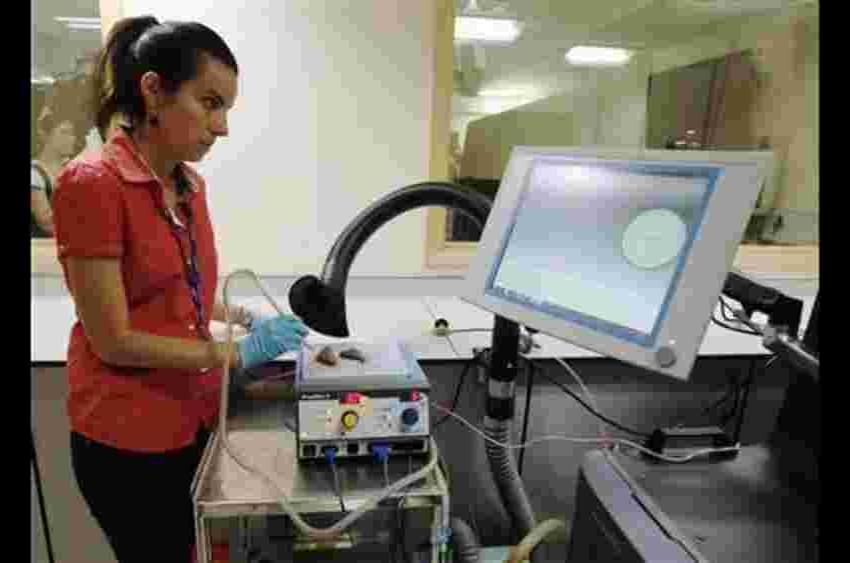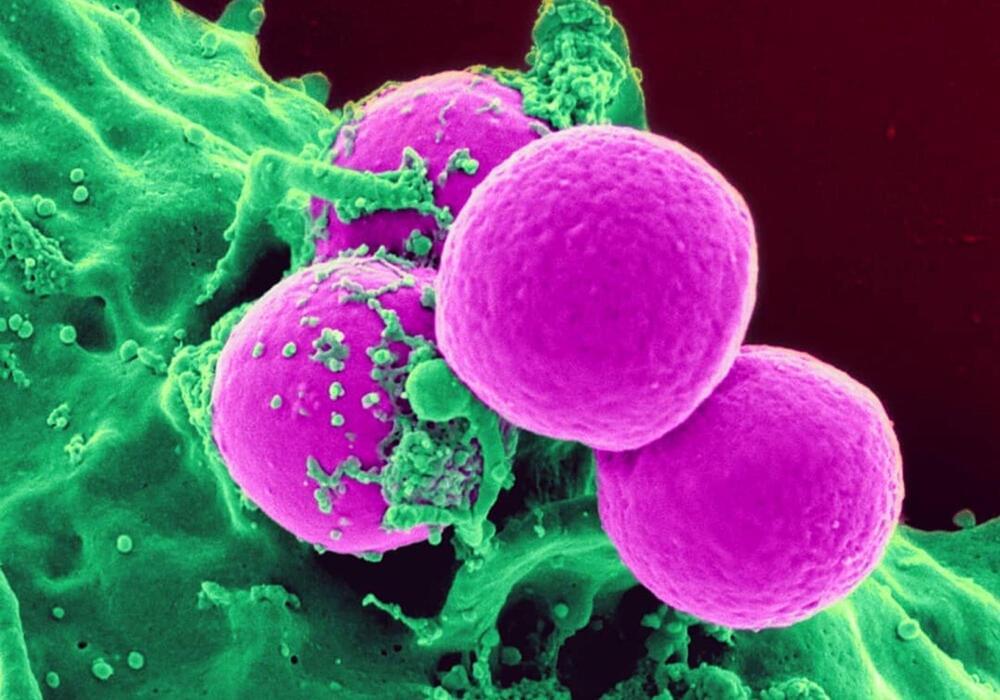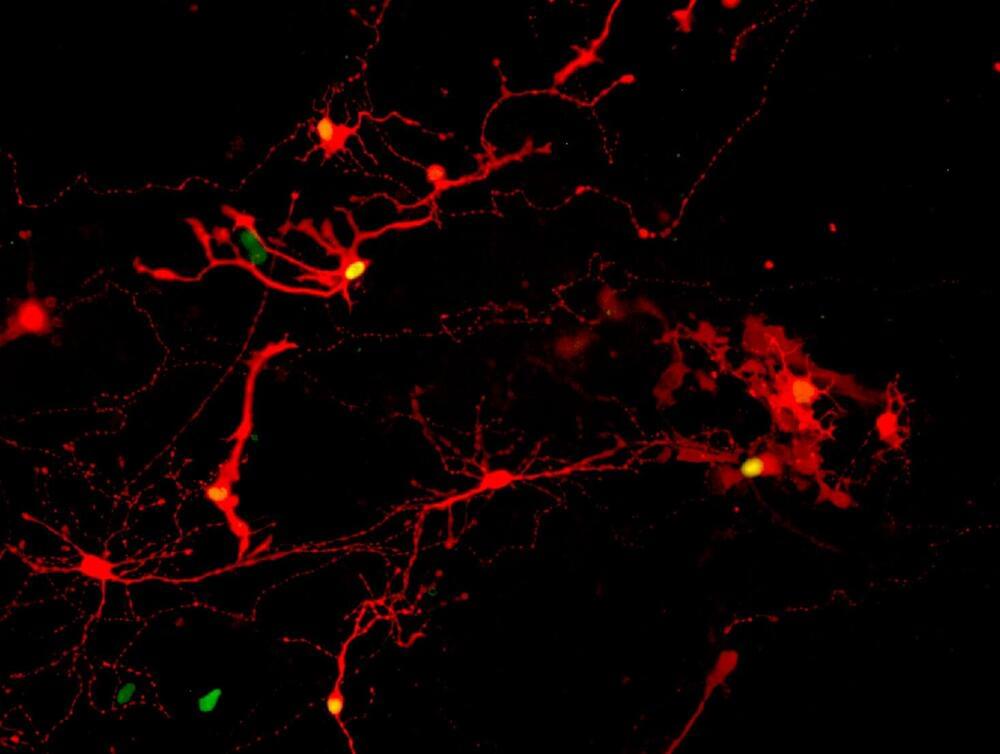𝐋𝐚𝐛-𝐠𝐫𝐨𝐰𝐧 𝐫𝐞𝐭𝐢𝐧𝐚𝐥 𝐞𝐲𝐞 𝐜𝐞𝐥𝐥𝐬 𝐦𝐚𝐤𝐞 𝐬𝐮𝐜𝐜𝐞𝐬𝐬𝐟𝐮𝐥 𝐜𝐨𝐧𝐧𝐞𝐜𝐭𝐢𝐨𝐧𝐬, 𝐨𝐩𝐞𝐧 𝐝𝐨𝐨𝐫 𝐟𝐨𝐫 𝐜𝐥𝐢𝐧𝐢𝐜𝐚𝐥 𝐭𝐫𝐢𝐚𝐥𝐬 𝐭𝐨 𝐭𝐫𝐞𝐚𝐭 𝐛𝐥𝐢𝐧𝐝𝐧𝐞𝐬𝐬
𝙍𝙚𝙩𝙞𝙣𝙖𝙡 𝙘𝙚𝙡𝙡𝙨 𝙜𝙧𝙤𝙬𝙣 𝙛𝙧𝙤𝙢 𝙨𝙩𝙚𝙢 𝙘𝙚𝙡𝙡𝙨 𝙘𝙖𝙣 𝙧𝙚𝙖𝙘𝙝 𝙤𝙪𝙩 𝙖𝙣𝙙 𝙘𝙤𝙣𝙣𝙚𝙘𝙩 𝙬𝙞𝙩𝙝 𝙣𝙚𝙞𝙜𝙝𝙗𝙤𝙧𝙨, 𝙖𝙘𝙘𝙤𝙧𝙙𝙞𝙣𝙜 𝙩𝙤 𝙖 𝙣𝙚𝙬 𝙨𝙩𝙪𝙙𝙮, 𝙘𝙤𝙢𝙥𝙡𝙚𝙩𝙞𝙣𝙜 𝙖 “𝙝𝙖𝙣𝙙𝙨𝙝𝙖𝙠𝙚” 𝙩𝙝𝙖𝙩 𝙢𝙖𝙮 𝙨𝙝𝙤𝙬 𝙩𝙝𝙚 𝙘𝙚𝙡𝙡𝙨 𝙖𝙧𝙚 𝙧𝙚𝙖𝙙𝙮 𝙛𝙤𝙧 𝙩𝙧𝙞𝙖𝙡𝙨 𝙞𝙣 𝙝𝙪𝙢𝙖𝙣𝙨 𝙬𝙞𝙩𝙝 𝙙𝙚𝙜𝙚𝙣𝙚𝙧𝙖𝙩𝙞𝙫𝙚 𝙚𝙮𝙚 𝙙𝙞𝙨𝙤𝙧𝙙𝙚𝙧𝙨.𝙍𝙚𝙩𝙞𝙣𝙖𝙡 𝙘𝙚𝙡𝙡𝙨 𝙜𝙧𝙤𝙬𝙣 𝙛𝙧𝙤𝙢 𝙨𝙩𝙚𝙢 𝙘𝙚𝙡𝙡𝙨 𝙘𝙖𝙣 𝙧𝙚𝙖𝙘𝙝 𝙤𝙪𝙩 𝙖𝙣𝙙 𝙘𝙤𝙣𝙣𝙚𝙘𝙩 𝙬𝙞𝙩𝙝 𝙣𝙚𝙞𝙜𝙝𝙗𝙤𝙧𝙨, 𝙖𝙘𝙘𝙤𝙧𝙙𝙞𝙣𝙜 𝙩𝙤 𝙖 𝙣𝙚𝙬 𝙨𝙩𝙪𝙙𝙮, 𝙘𝙤𝙢𝙥𝙡𝙚𝙩𝙞𝙣𝙜 𝙖 “𝙝𝙖𝙣𝙙𝙨𝙝𝙖𝙠𝙚” 𝙩𝙝𝙖𝙩 𝙢𝙖𝙮 𝙨𝙝𝙤𝙬 𝙩𝙝𝙚 𝙘𝙚𝙡𝙡𝙨 𝙖𝙧𝙚 𝙧𝙚𝙖𝙙𝙮 𝙛𝙤𝙧 𝙩𝙧𝙞𝙖𝙡𝙨 𝙞𝙣 𝙝𝙪𝙢𝙖𝙣𝙨 𝙬𝙞𝙩𝙝 𝙙𝙚𝙜𝙚𝙣𝙚𝙧𝙖𝙩𝙞𝙫𝙚 𝙚𝙮𝙚 𝙙𝙞𝙨𝙤𝙧𝙙𝙚𝙧𝙨.
Retinal cells grown from stem cells can reach out and connect with neighbors, according to a new study, completing a “handshake” that may show the cells are ready for trials in humans with degenerative eye disorders.
Over a decade ago, researchers from the University of Wisconsin-Madison developed a way to grow organized clusters of cells, called organoids, that resemble the retina, the light-sensitive tissue at the back of the eye. They coaxed human skin cells reprogrammed to act as stem cells to develop into layers of several types of retinal cells that sense light and ultimately transmit what we see to the brain.
“We wanted to use the cells from those organoids as replacement parts for the same types of cells that have been lost in the course of retinal diseases,” says David Gamm, the UW-Madison ophthalmology professor and director of the McPherson Eye Research Institute whose lab developed the organoids. “But after being grown in a laboratory dish for months as compact clusters, the question remained—will the cells behave appropriately after we tease them apart? Because that is key to introducing them into a patient’s eye.”


